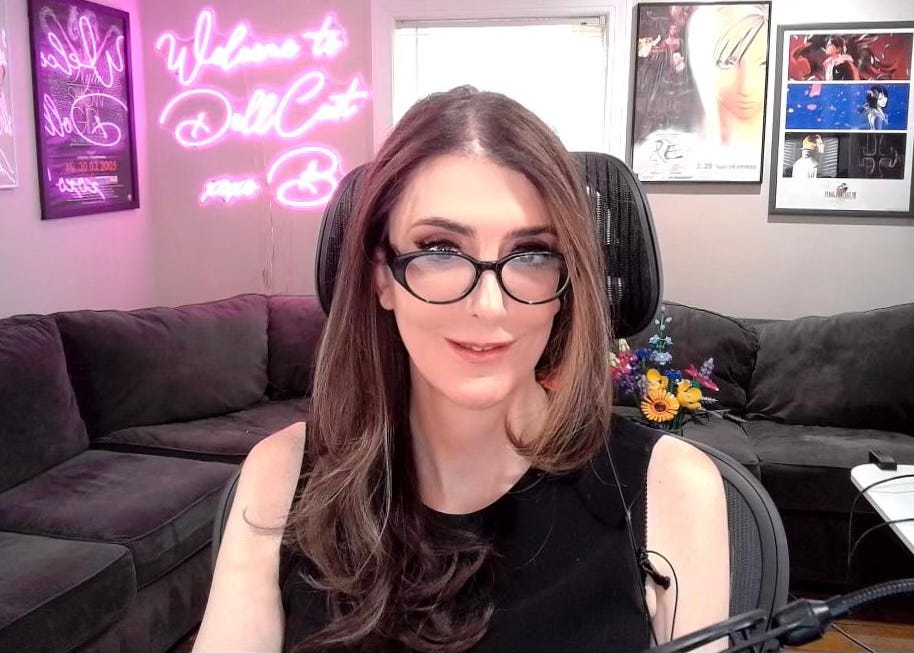Brianna Wu's Dire Warning For Transgender Activists: "The Tactics We Are Using Are Failing." (Printed Q&A Version)
My conversation with Brianna Wu, a survivor—of Gamergate, addiction, and youth gender dysphoria—who has charted a unique course down the center of the most combustible social issue of our time.
Note to readers: Yesterday, I put out this interview as a podcast. This is a printed Q&A of my conversation with Brianna Wu.
Brianna Wu is a survivor. She survived a harrowing battle with addiction. She survived years of horror as one of the central targets of Gamergate. And she survived a youth tormented by severe gender dysphoria.
Today, this transgender phoenix is executive director at the progressive political action committee Rebellion PAC and a democratic operative. She is harnessing the strength and fortitude that got her through so much turmoil and torment to become a leading, signature, and controversial voice in the trans rights movement.
To cite the reality-TV adage, I’d say she’s not here to make friends, given how unafraid she is to lodge unpopular arguments into the melee over trans health care. But in fact she is here to just that. Blessed with a winsome personality and a charming, devil-may-care attitude toward speaking her mind (think a sassy, glammed-up vers…
Keep reading with a 7-day free trial
Subscribe to Hazard Ratio: Benjamin Ryan to keep reading this post and get 7 days of free access to the full post archives.




